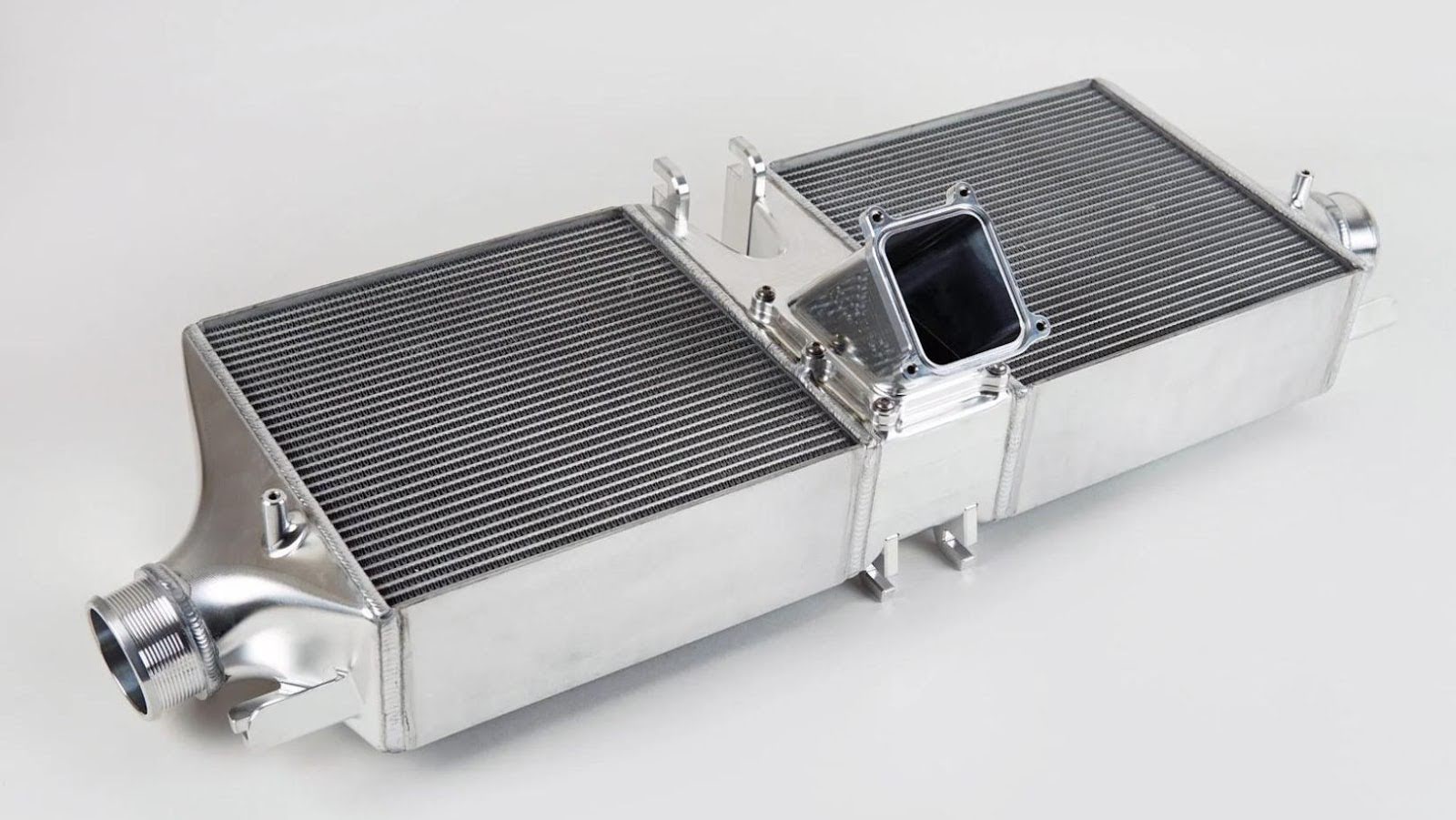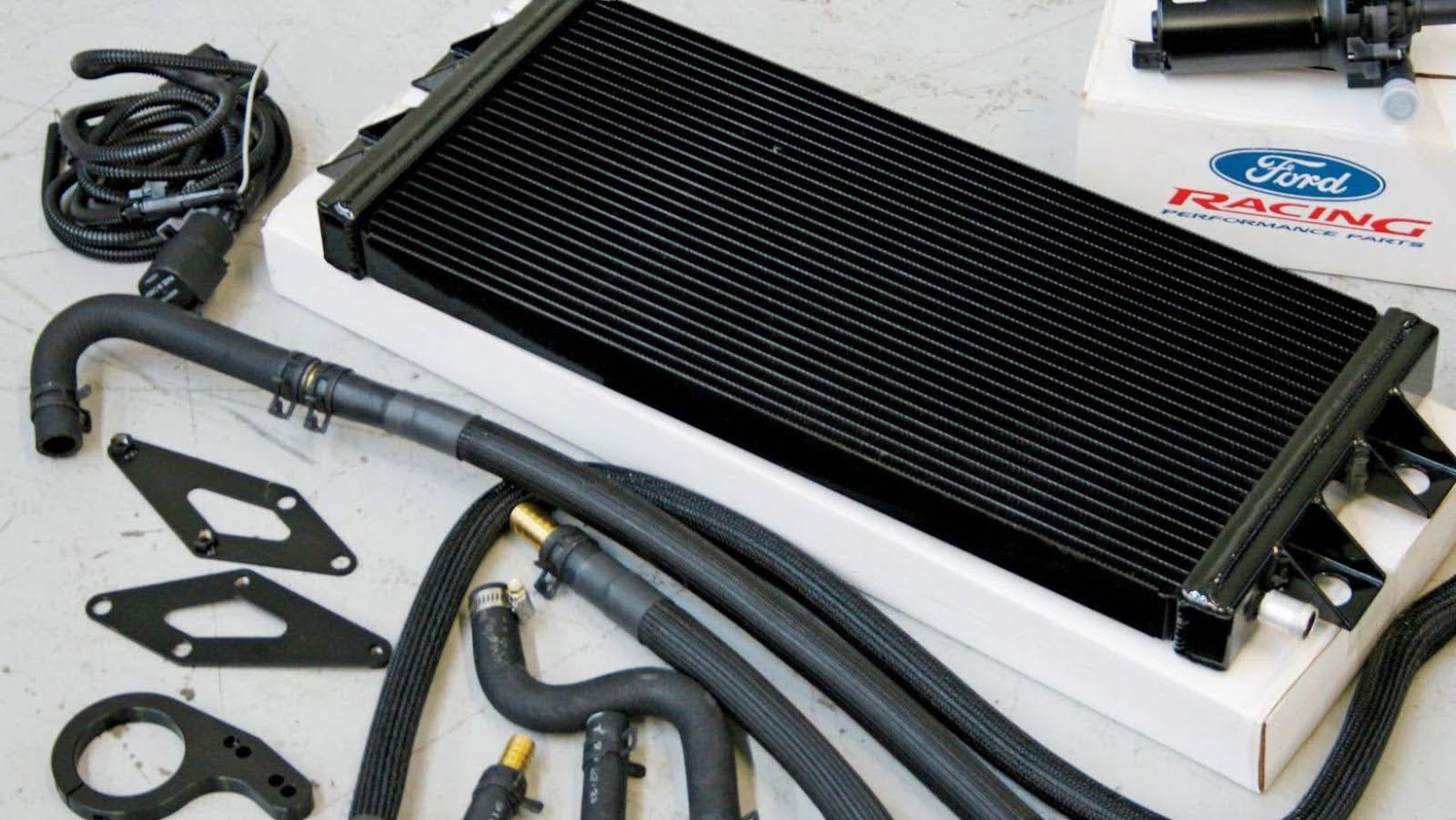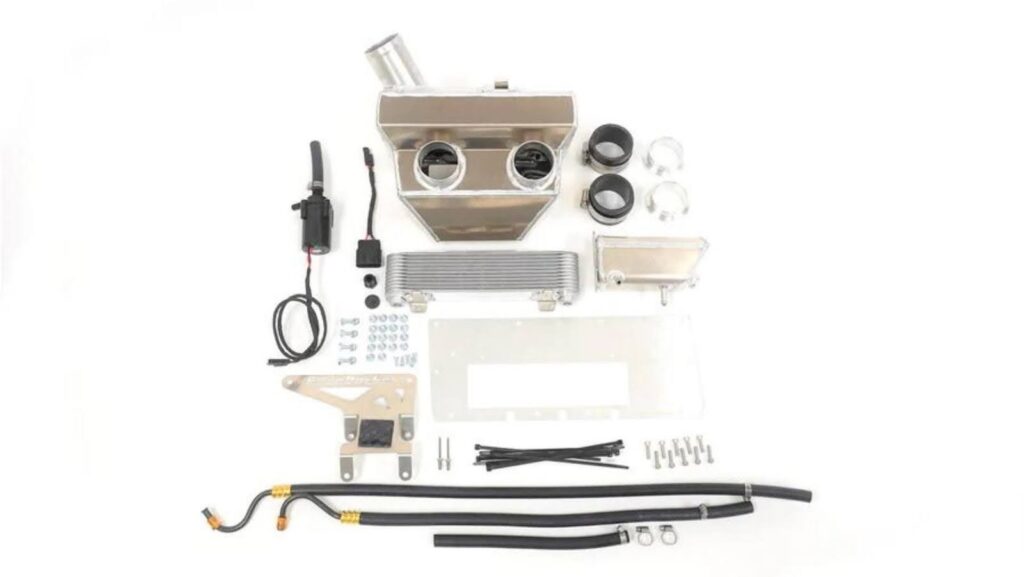Introduction
An intercooler system plays a crucial role in enhancing the performance and efficiency of turbocharged and supercharged engines. By cooling the compressed air before it enters the engine, an intercooler improves combustion, increases power output, and ensures the longevity of the engine. This article delves into the fundamentals of intercooler systems, their benefits, types, and maintenance tips to ensure optimal performance.
What is an Intercooler System?
An intercooler system is a mechanical device used to cool the air compressed by a turbocharger or supercharger before it enters the engine’s intake manifold. When air is compressed, it becomes denser and hotter. This high temperature can reduce the engine’s efficiency and increase the risk of knocking, a phenomenon where the air-fuel mixture ignites prematurely. An intercooler reduces the temperature of this compressed air, leading to more efficient combustion.
How Does an Intercooler System Work?
The basic principle of an intercooling system involves heat exchange. The hot, compressed air from the turbocharger or supercharger passes through the intercooler, which has a series of fins or plates that facilitate heat dissipation.

As the air travels through these fins, it transfers its heat to the surrounding environment, resulting in cooler, denser air entering the engine.
Benefits of an Intercooler Cooling System
- Increased Power Output: Cooler, denser air allows for more oxygen to be packed into the combustion chamber, resulting in a more powerful combustion process. This translates to increased horsepower and torque.
- Improved Engine Efficiency: Lower air temperatures lead to better combustion efficiency, reducing fuel consumption and increasing overall engine efficiency.
- Enhanced Reliability: By reducing the intake air temperature, an intercooler helps prevent engine knocking and overheating, thereby enhancing the reliability and longevity of the engine.
- Reduced Emissions: Efficient combustion results in lower levels of unburnt hydrocarbons and other pollutants, making the engine more environmentally friendly.
Types of Intercooler Systems
Intercooler systems can be classified into two main types: air-to-air intercoolers and air-to-water intercoolers.
Air-to-Air Intercoolers
Air-to-air intercoolers use ambient air to cool the compressed air. These systems are simpler and more common in automotive applications. They consist of a network of tubes and fins through which the compressed air passes. As the vehicle moves, ambient air flows over the fins, dissipating heat from the compressed air.
Advantages:
- Simplicity and reliability due to fewer components.
- Lower cost compared to air-to-water systems.
- Easy to install and maintain.
Disadvantages:
- Dependent on vehicle speed and ambient temperature for cooling efficiency.
- Larger in size, which can limit installation options.
Air-to-Water Intercoolers
Air-to-water intercoolers use a liquid coolant to absorb heat from the compressed air. This coolant is then passed through a heat exchanger where the heat is dissipated into the ambient air.

These systems are often used in high-performance applications where space constraints or extreme cooling needs exist.
Advantages:
- More effective cooling, especially in stop-and-go traffic or high-performance scenarios.
- Compact design allows for more flexible installation options.
- Consistent cooling performance regardless of vehicle speed.
Disadvantages:
- More complex system with additional components (coolant pump, reservoir, heat exchanger).
- Higher cost and maintenance requirements.
Maintenance Tips for Intercooler Systems
Maintaining an intercooler system is crucial for ensuring its optimal performance and longevity. Here are some key maintenance tips:
- Regular Inspection: Periodically inspect the intercooler for any signs of damage, leaks, or blockages. Look for oil or coolant contamination, which can indicate underlying issues with the turbocharger or engine.
- Cleaning: Over time, dirt, debris, and oil can accumulate on the intercooler fins, reducing its efficiency. Clean the intercooler using a specialized cleaner or a gentle pressure washer. Ensure the fins are not bent or damaged during cleaning.
- Check Hoses and Connections: Ensure all hoses and connections are secure and free from cracks or leaks. Replace any damaged hoses immediately to prevent air leaks and maintain system efficiency.
- Monitor Coolant Levels: For air-to-water intercoolers, regularly check the coolant level and top up if necessary. Use the recommended coolant type and mixture ratio for optimal performance.
- Temperature Monitoring: Install temperature gauges to monitor the air temperature before and after the intercooler. Significant temperature drops indicate the intercooler is functioning correctly.
- Professional Servicing: Have the intercooler system inspected and serviced by a professional mechanic periodically. They can perform more thorough inspections and address any potential issues.
Common Issues with Intercooler Systems
While intercooler systems are generally reliable, they can encounter some common issues:
- Leaks: Leaks in the intercooler or its associated piping can lead to a loss of boost pressure, reducing engine performance. Regularly inspect and replace damaged components.
- Blockages: Dirt, debris, or oil build-up can block the intercooler fins, reducing its cooling efficiency. Regular cleaning helps prevent blockages.
- Heat Soak: In high-performance applications, intercoolers can experience heat soak, where they become heat-saturated and less effective at cooling. Upgrading to a larger or more efficient intercooler can help mitigate this issue.
- Oil Contamination: Oil from the turbocharger can contaminate the intercooler, reducing its efficiency and potentially causing damage. Regularly check and clean the intercooler to prevent oil build-up.
Conclusion
An intercooler system is a vital component in turbocharged and supercharged engines, providing significant benefits in terms of power output, efficiency, and engine reliability. Understanding the different types of intercooler systems and their maintenance requirements can help ensure optimal performance and longevity of the engine. Whether you’re an automotive enthusiast looking to enhance your vehicle’s performance or a professional seeking to maintain high-performance machinery, investing in a quality intercooler cooling system is a wise decision.

